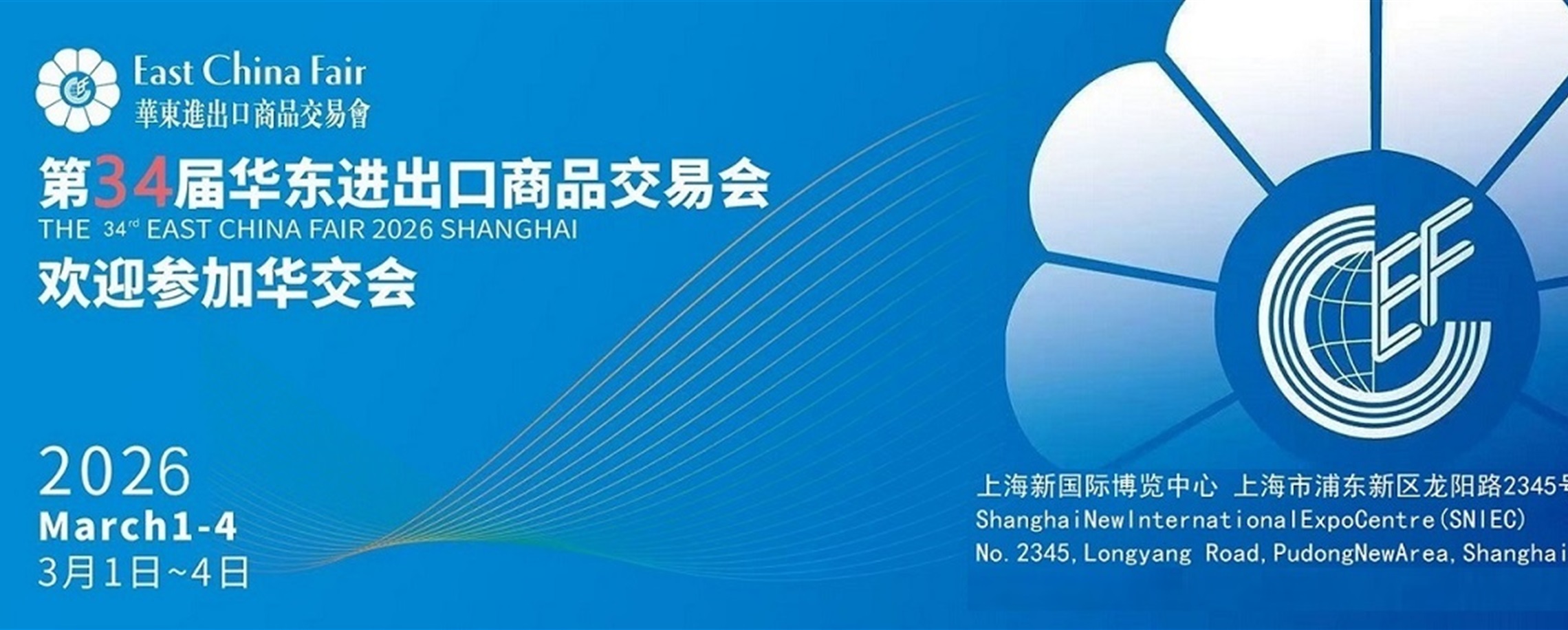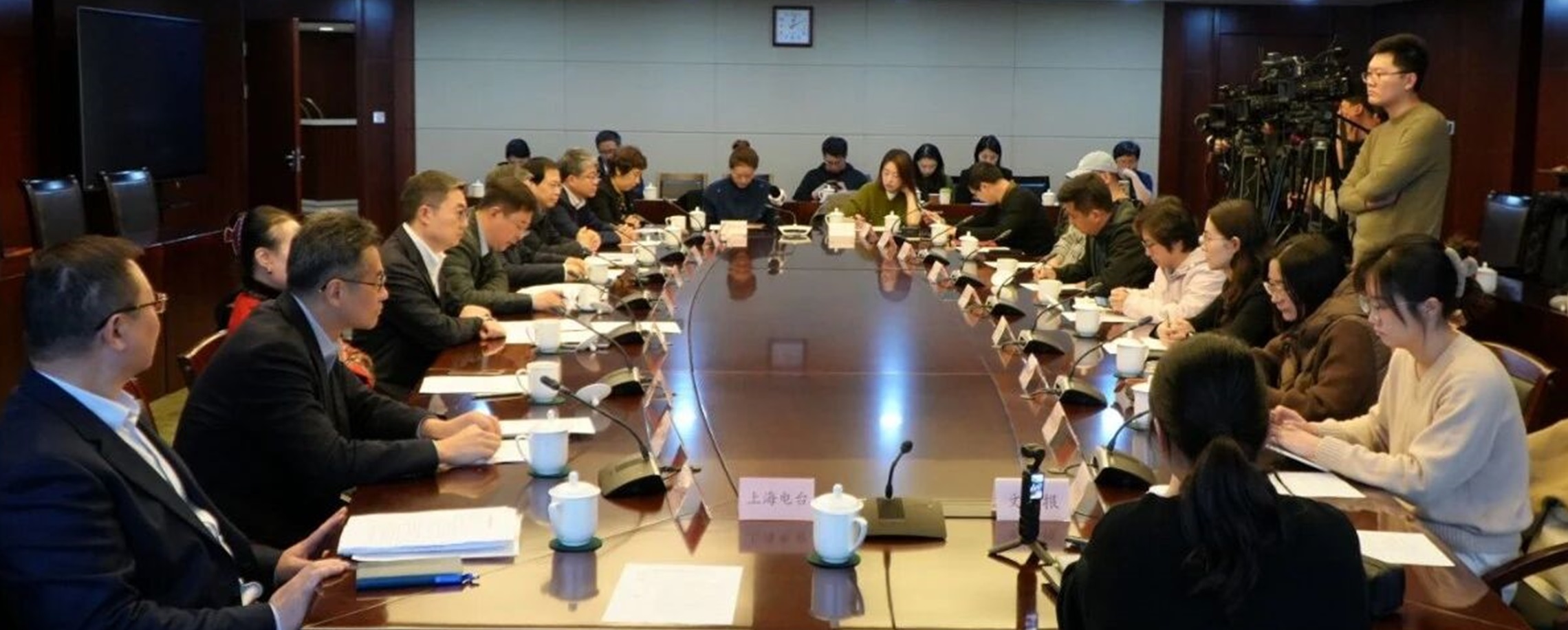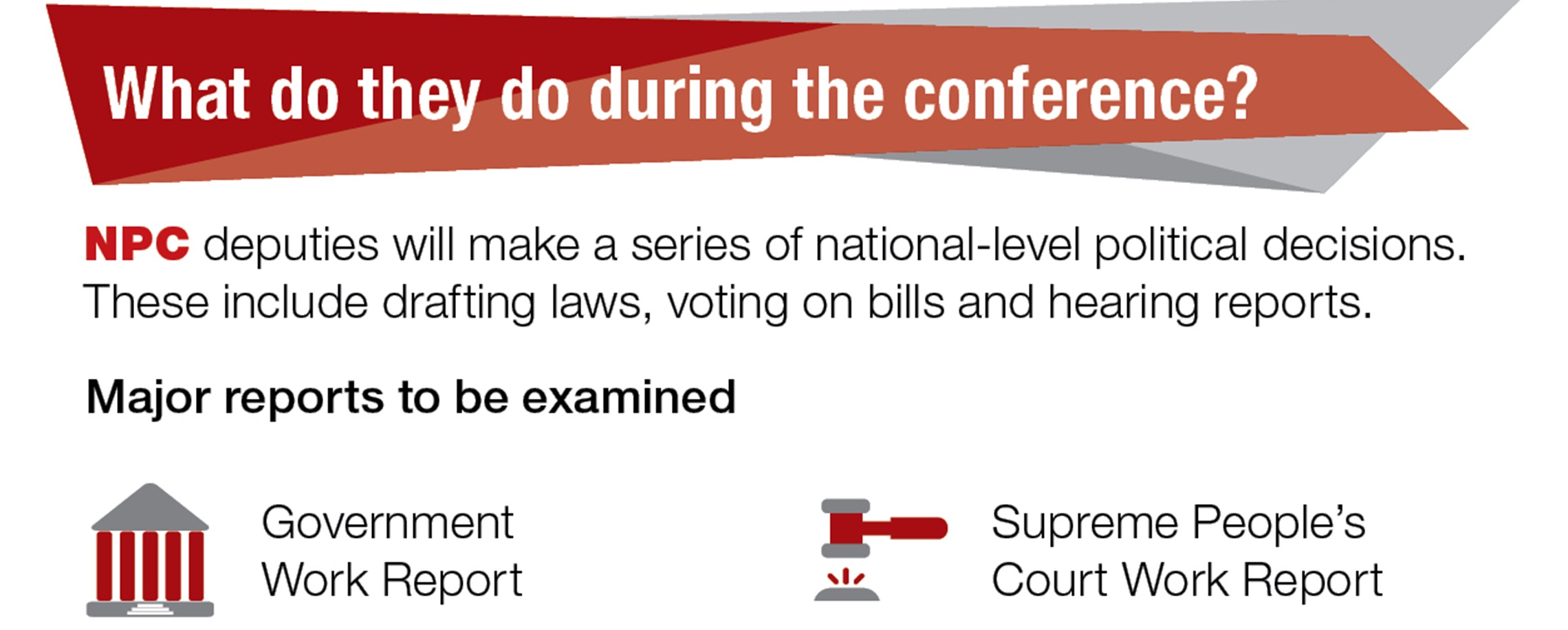AI giving 'human-oriented' touch to 'cold' financial sector
Fin+AI is expected to turn the traditionally "cold" financial industry into a more warm-hearted sector, which should, however, be alert about "AI illusions" that may put security in the shadow, participants said during the ongoing World Artificial Intelligence Conference (WAIC) in Shanghai.
"The financial industry, in nature, is similar to other services sectors such as health care, senior care and education that connect with people and aim at creating a better life," said Wang Zhiheng, president of Agricultural Bank of China, at the AI-Finance Leadership Forum.
"With the facilitation of artificial intelligence, we hope to raise the temperature of the industry and make it more human-oriented," Wang added.
For example, some banks have used AI technologies to streamline operational process and liberated employees from daily repetitive work such as data entry and file sorting. Also, some have tailor-made their services with AI to find people in more urgent need for funds.
Shanghai AI-Finance School at East China Normal University unveiled a large model,named Sirui, a financial analyst intelligent agent, at the conference that can produce a 25,000-wordcredit report within 30 seconds, compared with one week's time for an experienced analyst to complete.
"Thus our staffers have more time to serve people and interact with them to understand their needs," Wang noted.
Also at the forum, Bank of Shanghai released an AI-powered mobile software, which can recognize mandarin and local Shanghai dialect simply through voices. The software can "predict" user preferences, and is friendlier to seniors as there is no need for typing.

Patricia Xia, managing partner of EY China Central, said AI's value lies in "empowering" rather than "replacing".
"It empowers professional services to be more inclusive and efficient, enables more precise and profound industry applications, and facilitates more effective resource allocation and value creation for society… this is the essence of technology serving humanity," she explained.
But at the same time, experts are concerned about how to guarantee high standards of security as finance moves into the AI era.
"AI is efficient and convenient, but we should be careful about its illusions, which has proven to be destructive in many other areas," said Zhang Chengqi, a chair professor at Hong Kong Polytechnic University. "Different from other sectors, the financial industry has high demand for security and any loopholes can become very serious problems."
Wang, with Agricultural Bank of China, also talked about the security issue, noting that as a bank, the technology always comes after security. "We don't pursue the most advanced technologies as most tech firms do, we purse the safest technology that can empower the services."
How to well and deeply integrate AI technology with specific corporate demands and norms is the core challenge for AI's application, according to Chen Jianguang, EY China AI & Data Competency Co-Leader.
"Relying solely on AI technology itself is far from sufficient. It is essential to integrate AI technical solutions with specific business scenarios. Professionals who possess such capabilities, or those who understand both AI and domain knowledge, are key in this process," Chen said.
In Case You Missed It...








